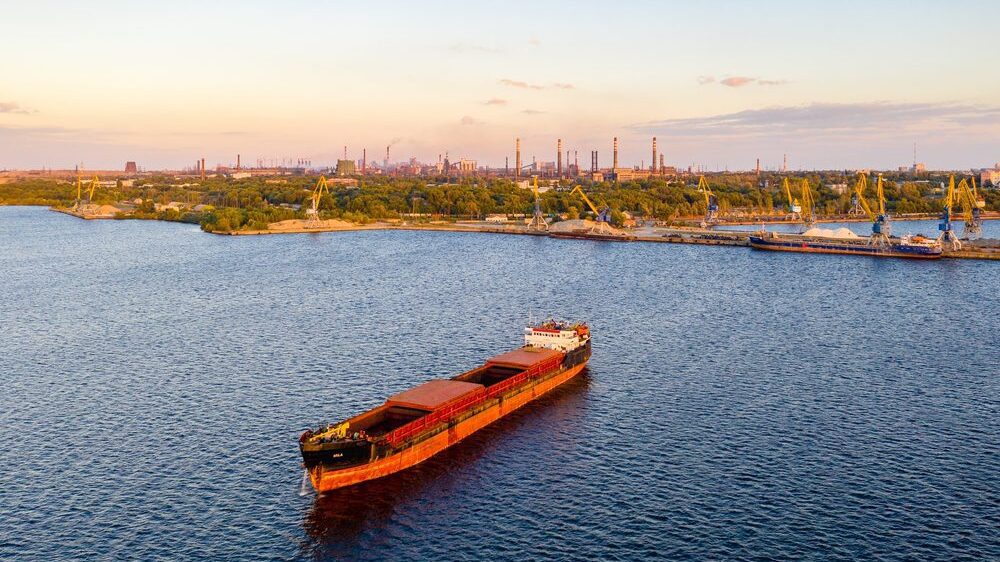
Photo: ZagAlex / Shutterstock.com
One day after Turkish President Recep Tayyip Erdoğan first announced it, Russia confirmed on Thursday, May 18th, that the Black Sea grain deal has been extended by two months.
The grain deal, brokered by the UN and Turkey and signed at the end of July last year, was designed to allow Ukrainian ships to export grain safely amidst the country’s war with Russia.
Prior to the agreement, Russia had blockaded Ukraine’s ports as part of its military campaign. The situation, with Ukraine being one of the world’s leading grain exporters, caused food prices to rise, putting several countries in Asia, Africa, and the Middle East on the brink of starvation.
In a Wednesday tweet, UN Secretary-General António Guterres expressed relief, stating that “even in the darkest hours, there is always a beacon of hope and an opportunity to find solutions that benefit everyone.”
I welcome the confirmation by the Russian Federation to continue its participation in the Black Sea Initiative for another 60 days.
— António Guterres (@antonioguterres) May 17, 2023
Even in the darkest hours, there is always a beacon of hope & an opportunity to find solutions that benefit everyone.
Moscow, however, feels that more concessions can be made. As stipulated in last July’s agreement, Russia, in exchange for granting safe passage to Ukrainian vessels, would also be allowed to export its own foodstuffs and fertilizer.
But according to Moscow, thus far, that part has not been implemented, for which it blames Western sanctions.
While the West’s list of sanctioned sectors does not include Russia’s agriculture, Moscow claims that sanctions on Russia’s logistical and financial sectors hamper the proper functioning of the country’s agricultural sector.
In the absence of a solution to its problem, Russia, therefore, threatened to pull out of the agreement on Thursday, when the agreement was due to expire.
On Thursday, Kremlin Spokesman Dmitry Peskov, explaining why Russia agreed to the extension, told reporters that “various options” were “being worked out” for the Russian Agricultural Bank (which provides loans to Russian agribusinesses) that “would be equivalent to unblocking SWIFT.”
Following the launch of Russia’s ‘special military operation’ last February, the financial telecommunication network that facilitates international payment transfers shut Russian institutions out.
Based on ongoing negotiations, according to Peskov, “certain hopes” were present. In light of the progress made thus far, he said, Moscow decided to extend the deal. During the next 60 days, he added, Moscow would try “to fully resolve this problem.”
While Ukraine welcomed the extension, Oleksandr Kubrakov, Vice Prime Minister for the Reconstruction of Ukraine and the Minister of Community, Territories, and Infrastructure Development, remarked that Russia must not be allowed to “obstruct” the agreement and must stop using food “as a weapon and blackmail.”
Back in March, Russia, seeking more leverage during negotiations, played hardball and unilaterally halved the expected extension (going from 120 to 60 days). Since the tactic seemed to pay off then, there was little reason for Moscow to abandon it now.
Whatever the machinations surrounding the deal, since its signing, some 25 million metric tonnes of grain and foodstuffs have been moved to 45 countries.
